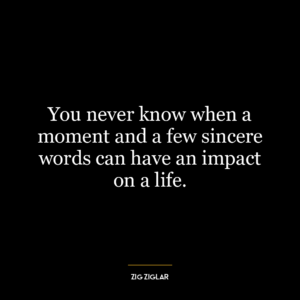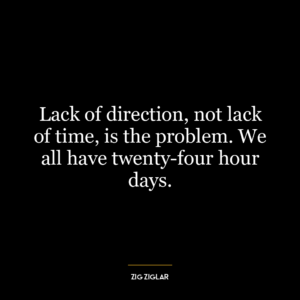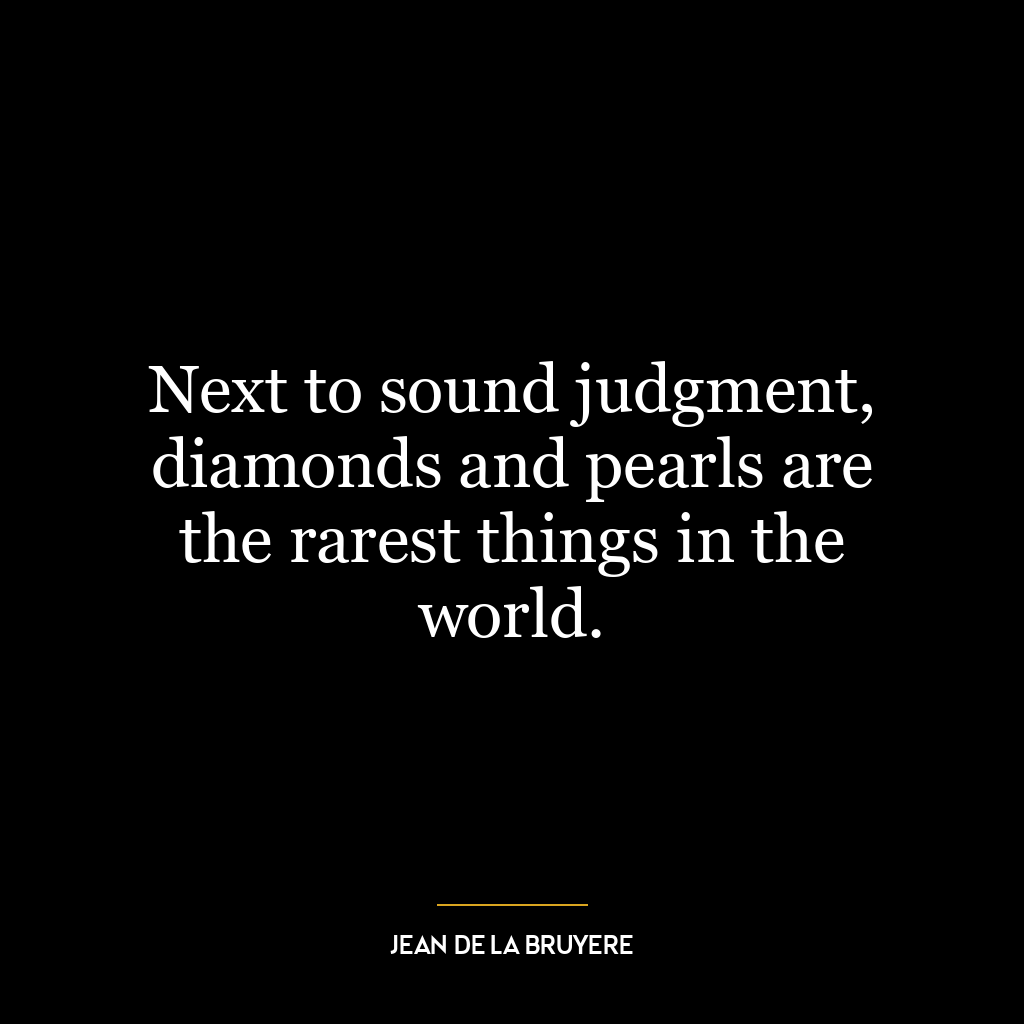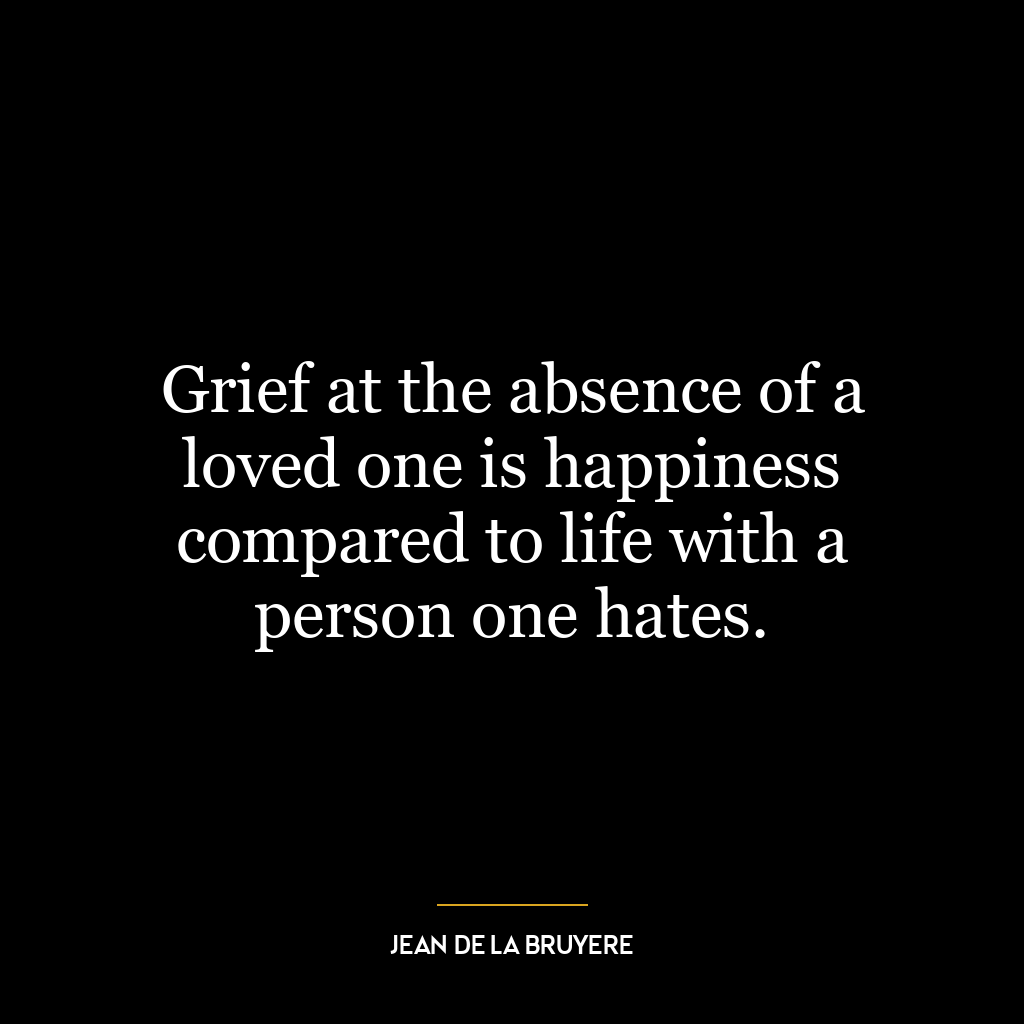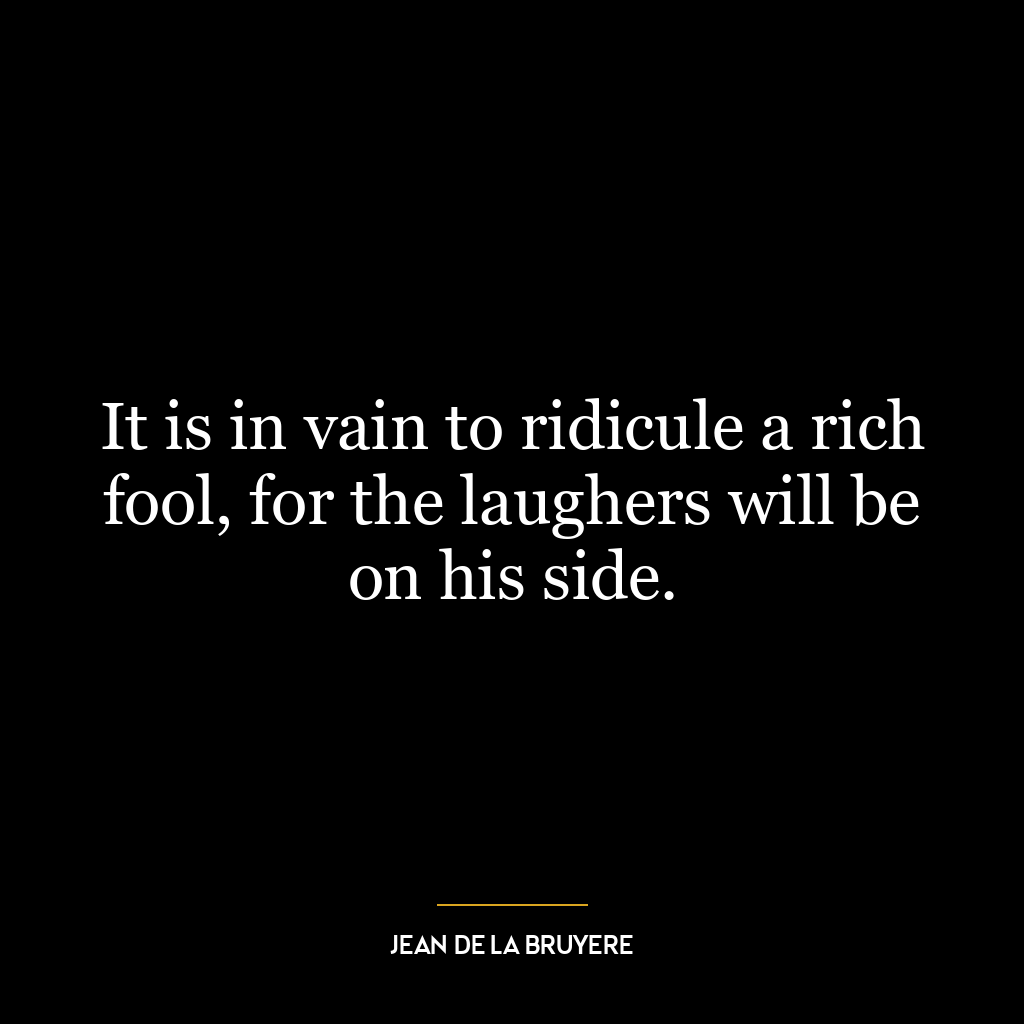Money won’t make you happy… but everybody wants to find out for themselves.
This quote emphasizes the paradoxical nature of human desire for wealth. Even though we often hear that money can’t buy happiness, there’s an innate curiosity in us to experience and verify this truth personally. This curiosity stems from the societal emphasis on material wealth as a symbol of success and happiness, and the human tendency to equate happiness with tangible accomplishments.
The quote implies that money, in itself, is not a source of happiness. It can provide comfort, security and a certain degree of freedom, but it doesn’t guarantee happiness. Happiness is a state of mind that’s often independent of material wealth. It’s more linked to personal relationships, self-satisfaction, contentment and purpose in life. Yet, despite knowing this, people still chase after wealth in the hope that it might bring them happiness.
In today’s world, this quote is more relevant than ever. In an era of consumerism and materialism, where success is often measured by financial wealth, people are more inclined to equate happiness with money. This leads to an endless pursuit of wealth, often at the expense of personal relationships, health, and peace of mind.
In terms of personal development, this quote serves as a reminder to focus on the aspects of life that truly bring happiness. It encourages us to seek balance, to not lose ourselves in the pursuit of wealth, and to cherish the non-materialistic aspects of life. It suggests that instead of focusing solely on financial growth, we should also invest time and energy in nurturing relationships, personal growth, and inner peace. This holistic approach to personal development can lead to a more fulfilling and meaningful life.
So, while money can provide certain advantages, it’s important to remember that it’s not the sole determinant of happiness. It’s just one piece of the puzzle, and focusing too much on it can lead to neglect of other crucial aspects of life.




